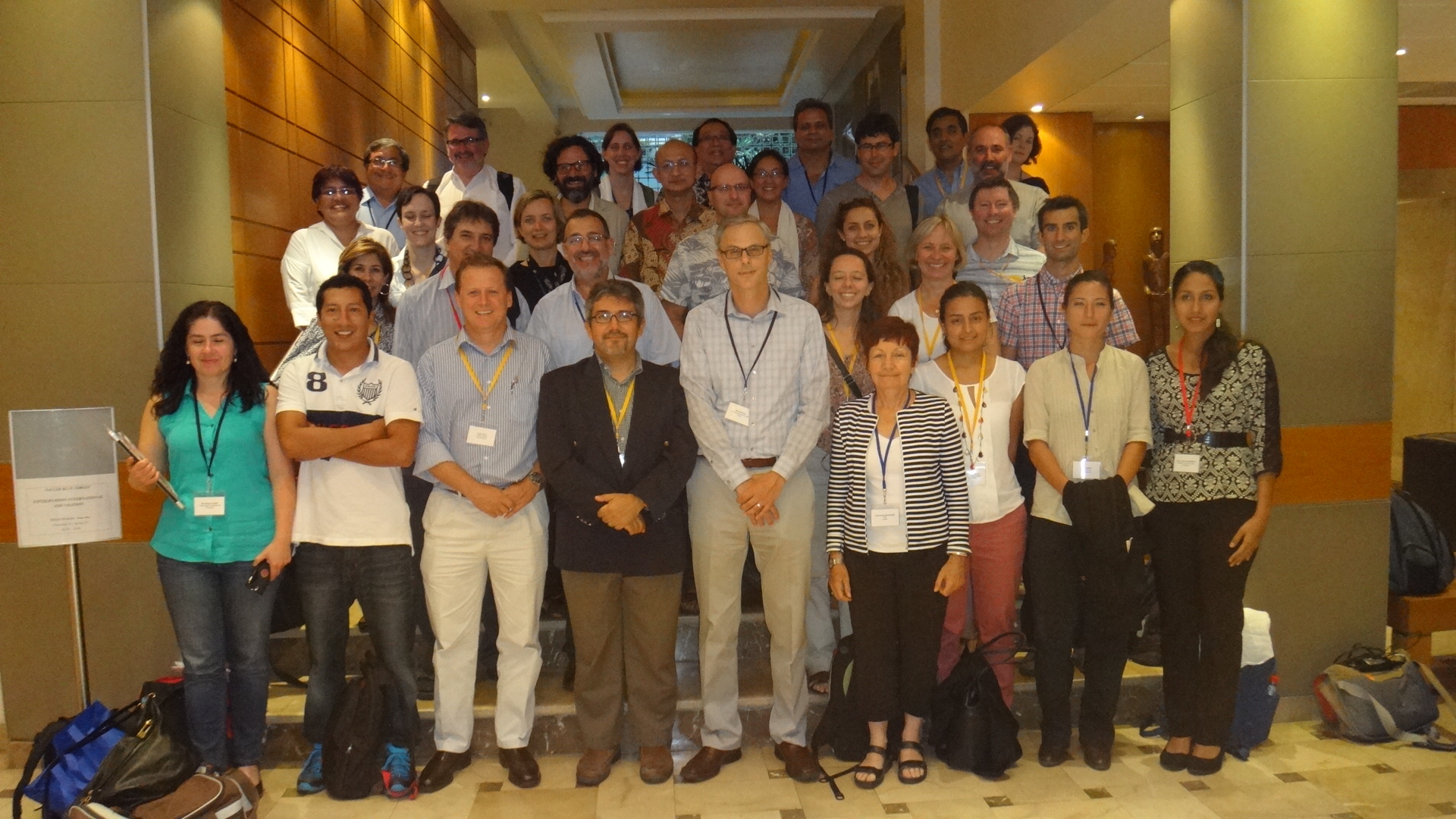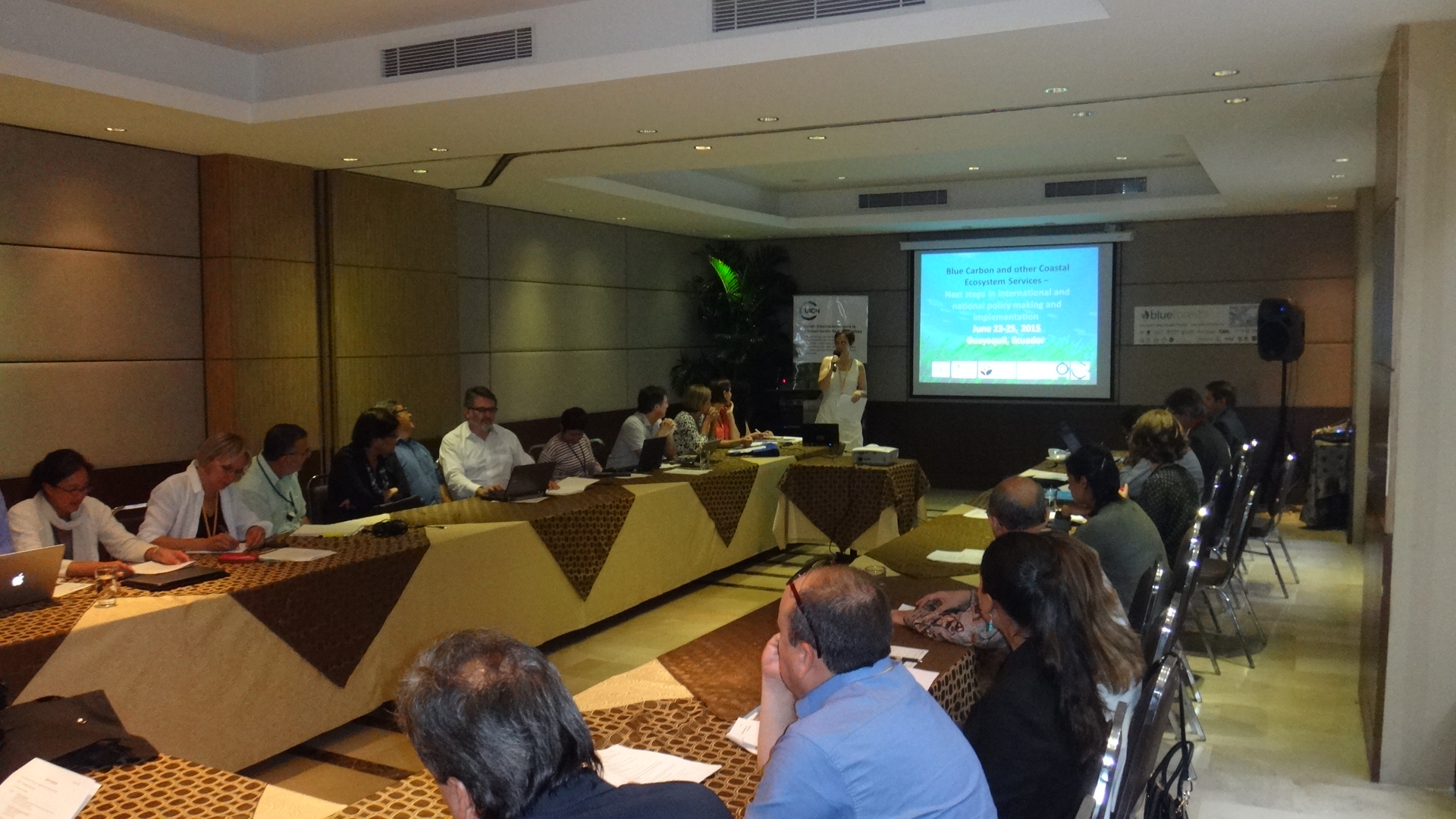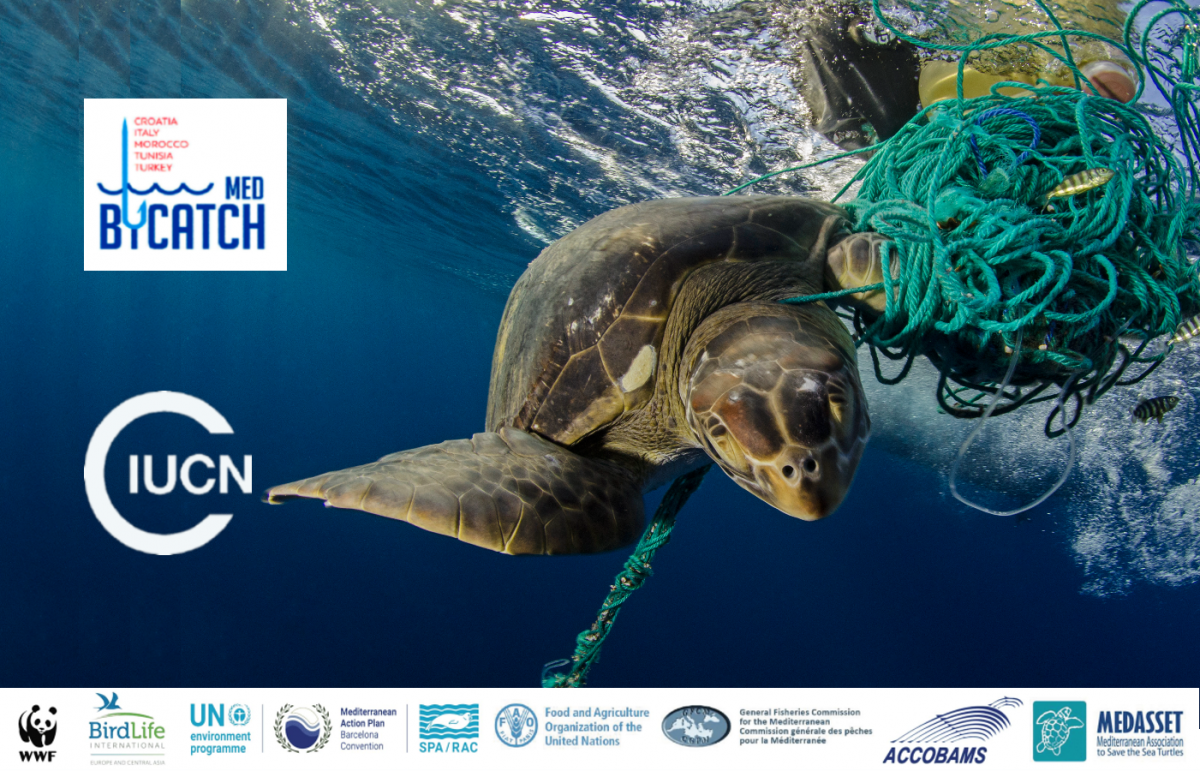Financing mechanisms and multiple benefits of coastal ecosystem regeneration identified as key to government integration of blue carbon policies
Identifying ways of factoring the climate change mitigation role of coastal ecosystems into policy making has been the focus of an international workshop held 23-25 June in Guayaquil, Ecuador. Around 50 participants from around the world joined the discussion in Guayaquil, either in person or remotely and shared lessons learnt from national and project level implementation efforts on Blue Carbon (BC).
A focus was given on the evaluation of the applicability and specific relevance of the range of existing, and potentially new, financing mechanisms as tools for supporting coastal blue carbon conservation and restoration. These include incentive mechanisms like NAMAs (Nationally Appropriate Mitigation Actions) or national initiatives such as Ecuador’s Socio Manglar or Debt-for-Nature Swaps.
Inserting mangroves into REDD+ national programmes was one of the alternatives discussed. Indonesia has already advanced with important steps in this regard; however the need for improving the accounting for soil carbon in coastal ecosystems is one of the main challenges for valuing the real potential of mangroves in result-based mechanisms.
Special attention was given to the formulation and review of policies in order to optimize the multiple benefits of BC activities. Participants sought synergies between mitigation and adaptation approaches as a key step for supporting BC implementation and financing.
With regards to the technical aspects for the implementation of BC initiatives, participants suggested that methodologies for MRV (Measurement, Reporting and Verification) and safeguards should be simple and applicable to the level of information available in each country.
With the UNFCCC COP 21 around the corner, participants also lamented the lack of opportunities and limitations to including wetlands as part of the accounting for land-use and land-use change into countries' INDCs (Intended Nationally Determined Contributions) as well as the negotiation text.
The workshop involved participants from Ecuador, Colombia, Honduras, Panama, Costa Rica, Mexico, Madagascar, Indonesia, Dominican Republic, the United States and the United Arab Emirates. It was hosted by the Ministry of Environment in Ecuador, in collaboration with Conservation International. It was part of the Blue Carbon Initiative (BCI), the first integrated program with a comprehensive and coordinated global agenda focused on mitigating climate change through the conservation and restoration of coastal marine ecosystems.
The workshop was also partly funded by the GEF Blue Forest project, a four-year project, combining research, policy development, technical advice and practical tools coupled with small-scale interventions (SSIs) to demonstrate how the incorporation of carbon and other ecosystem services values into local and national financial markets and coastal management plans can ensure the long-term protection of “Blue Forest” (coastal) ecosystems.





